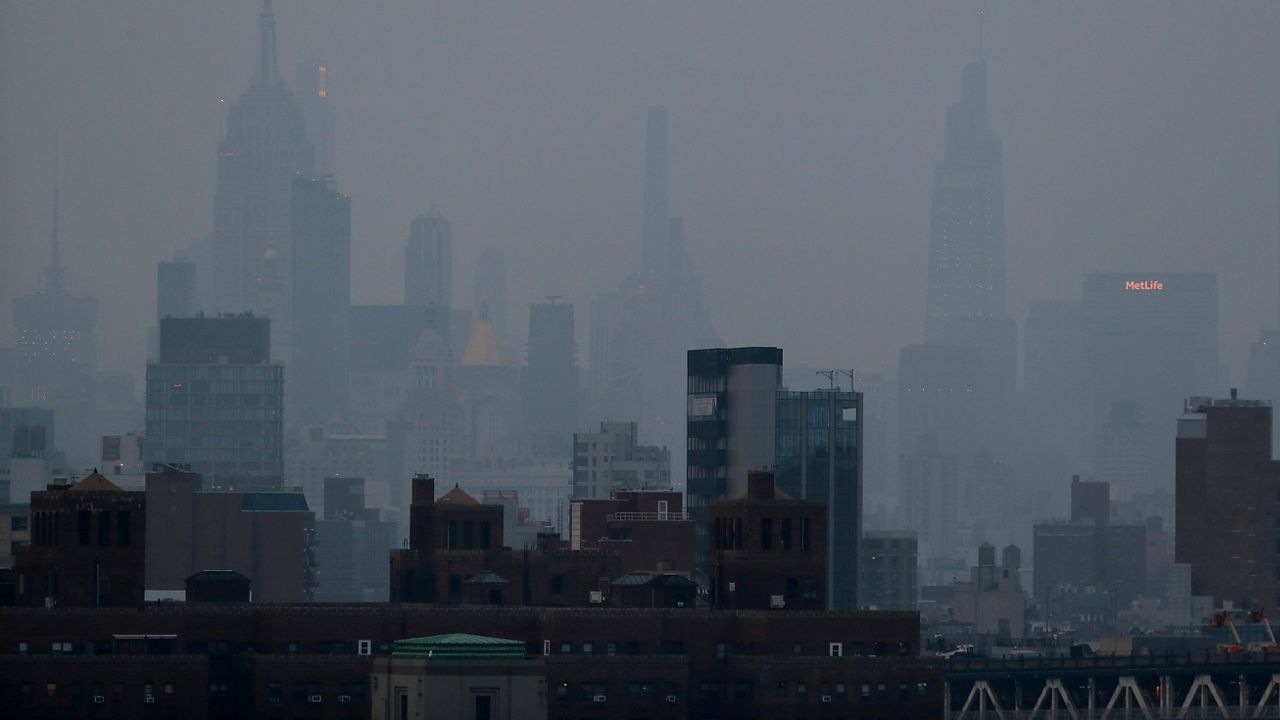Infra
MTA halts 2 more NYC projects in funding fight over congestion pricing

Dive Brief:
- The New York Metropolitan Transportation Authority’s decision to pause work on some infrastructure projects in New York City will significantly reduce construction jobs and severely impact the city’s infrastructure goals, said Carlo Scissura, president and CEO of the New York Building Congress.
- The MTA paused construction projects, such as the Second Avenue Subway extension, following Gov. Kathy Hochul’s decision to delay the implementation of the congestion pricing plan, said Jaime Torres-Springer, president of MTA Construction & Development.
- The agency confirmed it recently put two additional infrastructure projects on hold at its stations in Forest Hills and Hollis, both in Queens.
Dive Insight:
The pause in construction projects is a major setback for the city’s infrastructure development, particularly at a time when the city’s transportation network is in dire need of upgrades.
The Second Avenue Subway extension, long-awaited by residents, and improvements at Forest Hills and Hollis stations are crucial for easing congestion and improving transit reliability, according to NYBC.
The congestion pricing plan, which was slated to charge most drivers $15 for entering Midtown south of 60th Street during the day starting June 30, was aimed at reducing traffic in Manhattan and generating revenue for transit projects.
Hochul delayed that implementation over concerns about its economic impact on New York, which is still recovering economically from the COVID-19 pandemic and dealing with high inflation. The MTA board of directors will meet Wednesday to decide whether to go ahead or postpone the state’s tolling plan.
That funding is essential for infrastructure initiatives, according to the NYBC, which claims that delaying its implementation not only stalls progress but also jeopardizes future projects that depend on the revenue stream.
“We have said from the moment Gov. Hochul postponed congestion pricing that the future of New York City as we know it is in danger,” said Scissura. “There is no silver bullet here. We need congestion pricing to move forward on June 30 — or this doom spiral of dragging the MTA back to the bad old days will only get worse, as will our roadways.”
For this reason, Scissura continues to advocate for the implementation of the congestion pricing plan sooner rather than later.
Scissura expects construction firms, both large and small, to feel the immediate impact of these pauses, with a significant reduction in jobs and economic activity. Without timely action on congestion pricing, Scissura said New York City risks falling behind in maintaining and expanding its transportation infrastructure.
That could lead to increased traffic congestion, longer commute times and further strain on an already overburdened transit system.









